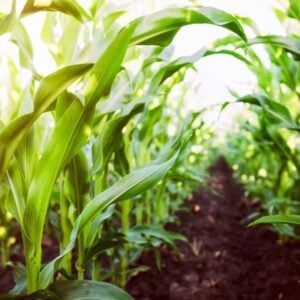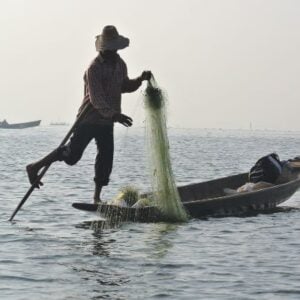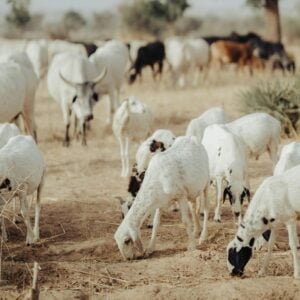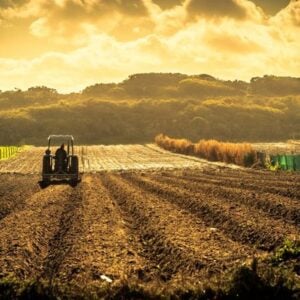The Food and Agriculture Organization of the United Nations (FAO), in collaboration with ECOWAS, the Fisheries Committee for the West Central Gulf of Guinea (FCWC), and the Sub-Regional Fisheries Commission (SRFC), convened a Donors Roundtable from 23 to 24 September 2025 in Abuja, Nigeria. The event aimed to mobilize support for the implementation of the Regional Strategic Framework and Action Plan (RSFAP) to combat illegal, unreported, and unregulated (IUU) fishing across West Africa.
IUU fishing poses a major threat to the region, costing West Africa more than US$2 billion annually, while jeopardizing food security, nutrition, livelihoods, and the sustainable management of shared fishery resources. It undermines governance, exploits weak monitoring and surveillance systems, and disproportionately affects small-scale artisanal fishers and coastal communities.
The Roundtable brought together representatives from regional fisheries organizations, development partners, civil society, and donors to discuss strategies to strengthen the fight against IUU fishing, present the RSFAP Project Document, explore funding opportunities, and agree on next steps for operationalizing the sub-regional program. FAO highlighted the importance of regional cooperation and reaffirmed its commitment to supporting ECOWAS, FCWC, and SRFC, building on international frameworks such as the FAO Agreement on Port State Measures and the Code of Conduct for Responsible Fisheries.
Dr. Hussein Gadain, FAO Representative in Nigeria, emphasized the need to move from planning to implementation, noting that resources are critical to safeguarding food security, protecting livelihoods, promoting sustainable marine resource use, and advancing regional cooperation. Dr. Djihinto, Secretary-General of FCWC, underscored that regional collaboration is Africa’s frontline defense against IUU fishing.
Participants stressed that fisheries resources cross national boundaries, making cooperation essential to curb IUU fishing, strengthen monitoring, control, and surveillance, and protect the livelihoods of millions of West Africans. The Donors Roundtable concluded with a strong call for sustained financial and technical support to ensure the RSFAP moves from planning to actionable implementation, securing marine resources as a source of food, nutrition, and income for present and future generations.







